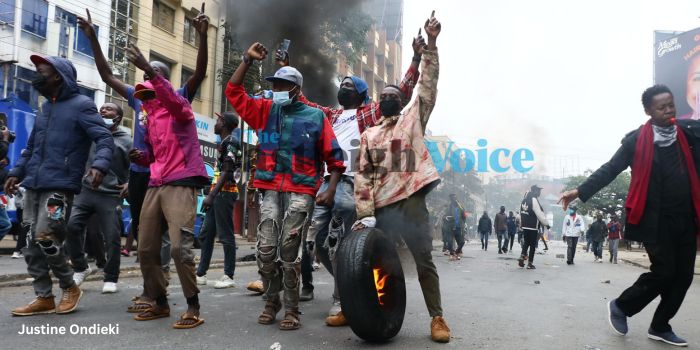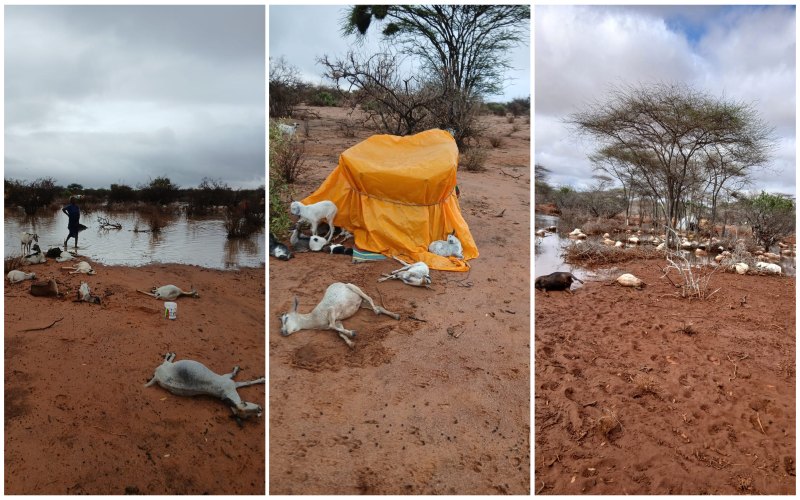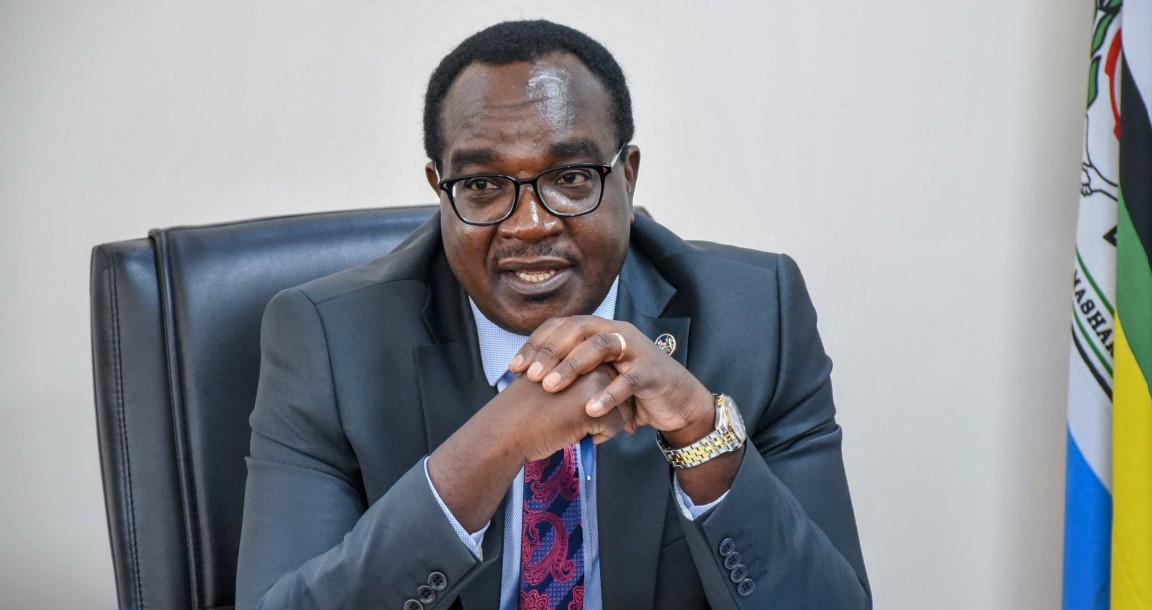Lobby calls on government, IMF to align fiscal reforms with human rights

The lobby now says the Bill included regressive tax measures that risked undermining rights, thus saying any alternative measures should relieve economic pressures by addressing the root causes of protesters' anger.
Human Rights Watch has called on the Kenyan government to enforce any further fiscal reforms backed by its lenders with strict adherence to human rights.
The lobby in a statement on Tuesday said the government and the international lender, the International Monetary Fund (IMF), should work together to ensure the latter's program and implementation in the country align with human rights going forward.
More To Read
- Kenya’s crackdown on activists spotlighted at AU rights summit
- Kenya ranked 10th in Africa’s most attractive investment destinations
- IMF questions Kenya’s exchange rate policy amid new funding negotiations
- IMF revises Kenya’s 2025 growth forecast upward to 4.8 per cent
- Kenya’s foreign exchange reserves hit all time high on new Eurobond
- IMF trims 2025 global growth outlook to 3.2 per cent amid rising uncertainty
"This is to ensure progressive revenue generation and accountability over public funds," the firm noted.
The IMF has since been blamed for the pressure to hike taxes in the country, a course that led to mounting protests by youths. The lender has, however, distanced itself from the unrest, saying the answer to the chaos lies within the country itself.
Following the nationwide protests last month, President William Ruto declined to sign Finance Bill 2024 into law withdrawing it in totality.
The lobby now says the Bill included regressive tax measures that risked undermining rights, thus saying any alternative measures should relieve economic pressures by addressing the root causes of protesters' anger.
"The widespread outrage sparked by proposed taxes on goods like sanitary pads and cooking oil in a country where corporate tax evasion is endemic should be a wake-up call to the Kenyan government and the IMF that they cannot sacrifice rights in the name of economic recovery," said Sarah Saadoun, senior researcher on poverty and inequality at Human Rights Watch.
"Economic sustainability can only be achieved with a new social contract that raises revenues fairly, manages them responsibly, and funds services and programs that allow everyone to realize their rights."
The 2024 Finance Bill in the context of an IMF program with Kenya was expected to raise $2.7 billion (Sh346 billion) in additional revenues in the current fiscal year, in part to meet IMF targets.
The bill included several new tax provisions, such as removing exemptions from certain food items and a mobile money transfer tax, that would increase the cost of essential goods and services and fall heaviest on Kenyans with lower and middle incomes, as well as already marginalised groups such as women.
Approved in 2021, the IMF's programme sought to support Kenya's response to the Covid-19 pandemic and global inflation, as well as devastating cycles of droughts and floods.
However, Human Rights Watch says the government should now explore other options to raise revenue progressively and enhance trust in the government.
"The government could introduce tax reforms to better enforce existing tax rules, tackle mismanagement and corruption, and increase taxation on the wealthiest," it says.
"Taxes on industries or products that harm the environment should also be designed so that they do not undermine rights, such as by using the revenues raised to compensate for their effects on low and middle-income people."
It adds that under human rights law, governments, and the international financial institutions that support them, are required to respond to economic crises in ways that do everything possible to protect and advance rights.
It says they are expected to conduct and publish human rights impact assessments to ensure that proposed reforms, including fiscal policy and public spending, best fulfil people's economic, social, and cultural rights, paying special attention to risks to women and economically marginalised groups.
"These assessments should be transparent, include public participation, and shape the measures that are ultimately enacted."
Notably, the IMF has committed $4.4 billion (Sh570.4 billion) to Kenya, and the World Bank anticipates $12 billion (Sh1.6 trillion) in support from 2024 to 2026. Yet, the lobby says the program negotiated with the IMF requires steep spending cuts and increased revenues.
A June IMF statement praised the now withdrawn Finance Bill and the upcoming fiscal year's proposed budget as in line with the required "sizable and upfront fiscal consolidation," referring to reducing public expenditure or increasing revenues.
Human Rights Watch reiterates that such measures frequently harm human rights.
Additionally, research by the firm notes that those measures tend to worsen inequality, and occasion a large upfront fiscal consolidation which can be particularly damaging.
Top Stories Today










































